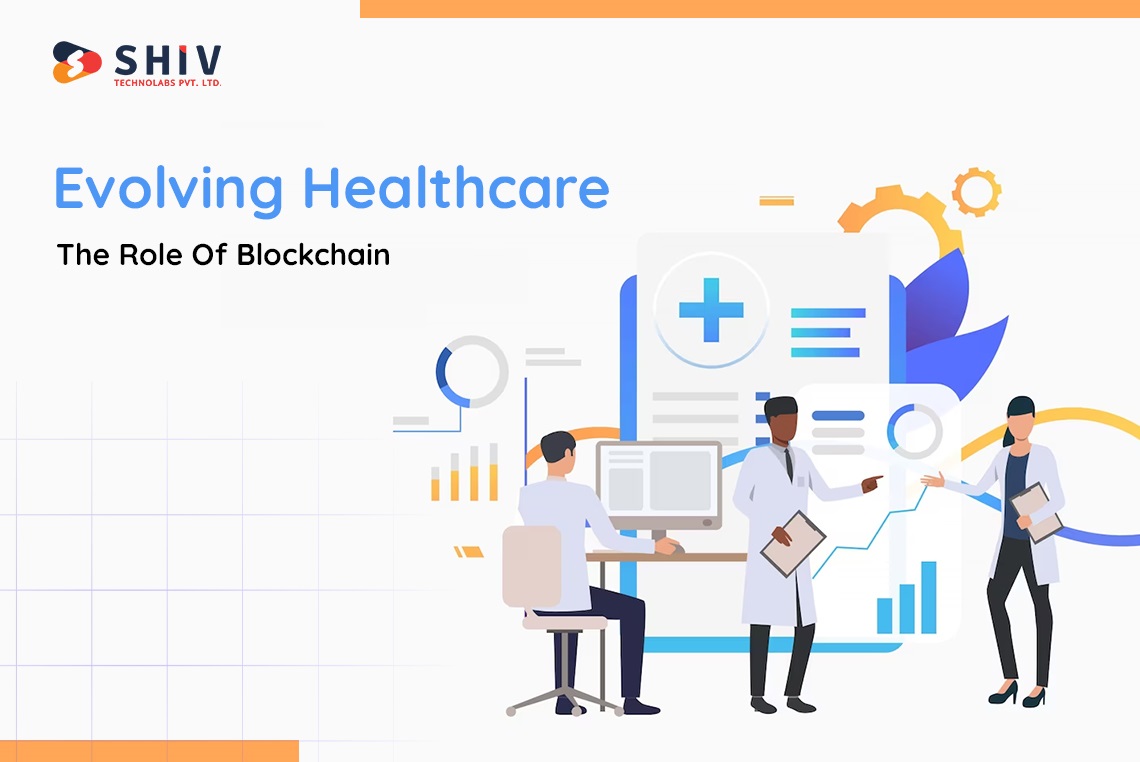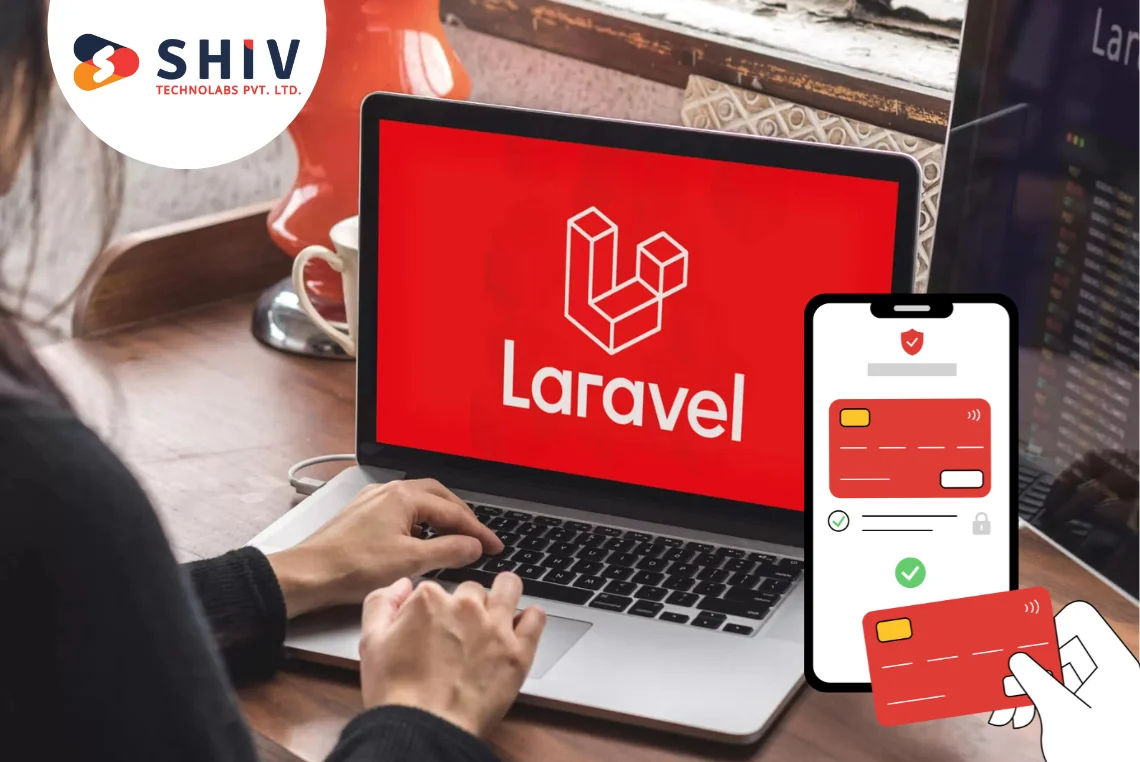Table of Contents
In the world of medical technology, one word is thrown around more than any other. Blockchain. Don’t worry if you don’t know what it means, a lot of people don’t. However, it’s definitely worth looking into. Blockchain could be the thing that completely changes medicine for good. This new tech is packed with ways to improve security measures and privacy in medical databases. Patients even have a lot to gain from this too. But what is blockchain? And what can it really do? Let’s dive in deep and find out.
What Is Blockchain?

A blockchain is a distributed system that generates and stores data records. It maintains a digital ledger of connected “blocks” of information that represent how data is shared, changed or accessed on its peer-to-peer network.
In a blockchain system, all devices generate the same blocks whenever one of them is involved in a transaction. To locally record information on every device, if a computer’s data is accessed, changed, shared or manipulated in any way, a block is generated. Because of this, changes to data can be identified easily. By comparing each connected device’s blocks, every block has its own unique identifier thanks to something called “hashing”.
The contents of this identifier change based on the block it’s assigned to. Its hash will also change if the data within it were to ever change. This becomes very important because blocks are stored together based on time and reference the previous block’s hash. Because of this structure, trying to change just one block would cause an immediate hash change in its successor instead. Blocks that are all connected together form an unbreakable chain that can’t be tampered with.
Blockchain is a powerful tool. Immutable, secure, and a catalyst for utmost accountability, it’s almost impossible to mimic, manipulate or otherwise falsify data using it. Blockchain does this by storing data across many different blocks that have their own unique identifier, which makes it difficult to tamper with. This opens up the possibilities for all kinds of applications that can affect our daily lives in many different ways — chief of all being the exchange, storage and access of data between connected parties.
The Impact Of Blockchain In Healthcare
The openness and high level of security of blockchain allow it to be applied in various ways to the medical industry, leading to greatly reduced costs and new approaches to accessing Blockchain in Healthcare for patients.
The compounding nature of data and innovation can further boost growth and innovation by future-proofing technologies. The healthcare and blockchain revolution is already underway, with pioneering companies laying the foundations. Here’s how they’re transforming medicine.
# Chronicled
A lack of secure sharing and access to sensitive patient information has caused major problems for the medical industry. The blockchain, however, will guarantee true interoperability while facilitating finely customizable openness. This will subsequently advance effective healthcare delivery for individuals and communities by facilitating the collaboration of health information systems within and across organizations.
Chronicled connects trading partners and medical institutions through its MediLedger Network. Innovation and industry development are much more likely to occur without constant communication problems. Blockchain technology enables a new world of collaboration and trust by automating once-hectic processes.
# Curisium
HealthVerity acquired Curisium in 2020, a blockchain-based rebate negotiation and contract management platform. Blockchain in Healthcare professionals know how time-consuming and cumbersome contract negotiations can be, not only in terms of discussion but also in terms of time and resources.
Curisium streamlines the contracting process, enabling providers and payers to create efficient and secure contracting arrangements. All stakeholders benefit from the acquisition of HealthVerity, which has resulted in extensive customization and seamless automation of workflows.
# Ever
EHR solutions at Ever, where I serve as chief health officer, are designed to foster innovation. Ever Network connects over 170 hospitals and 5 million patients with a modular but integrated software suite that includes big data collection and analysis, machine learning and artificial intelligence-driven tools, and secure and trustless data exchange.
Ever is a blockchain-driven, data-driven, patient-centric network that has modernized and equipped Thailand’s medical landscape in 2017. All data within the system and all parties are protected with best-in-class security, and all parties can communicate easily and quickly on a flexible, future-proof, scalable blockchain platform.
# Patientory
Organizations can maintain transparency and privacy with blockchain networks, concealing sensitive patient data and enabling sharing when necessary. Blockchain-powered networks are extremely hard to attack, as attackers must have extremely sophisticated computational capabilities to attack them.
Patientory uses this advantage to develop patient-centric applications and services, giving patients more control over their well-being. The innovative solutions provide up-to-date patient data, pandemic tracking, secure communication with verified healthcare personnel, and much more.
The Future Is Full Of Innovation

The modularity and growth of blockchain technology make it one of the most exciting technologies. While blockchain’s first implementation will also suffer from the same limitations as current technology due to its open nature, it will support industry-wide advancement.
- In 2025, BIS Research estimates that blockchain applications and integrations will save more than $100 billion in IT, operations, support functions, and personnel costs.
- Pioneering companies worldwide have developed many exciting and creative blockchain solutions, but this is only the beginning. Become a part of the transformation and help push the boundaries of medical technology while laying the foundation for a data-driven future.
What Is The Future Of Blockchain In Healthcare?
- Technology won’t fundamentally change the healthcare industry next year. It is on track to become a healthcare revolution and a tech revolution.
- Cryptocurrencies and blockchain’s adoption within the Blockchain in Healthcare sector indicate that blockchain technology is maturing.
- Many Blockchain in Healthcare mobile apps have integrated blockchain technology into their process, as seen in the illustration above, so that patients can control their data, healthcare development, and research can be improved, and services can be delivered more effectively.
- In phase 2, the technology will be standardized after being adopted in phase 1 – for example, its integration into Blockchain in Healthcare.
- The next step in blockchain technology’s journey is to get adopted to a much wider extent than it is today. There are no Blockchain Healthcare use cases predicted shortly by the technology. Still, the technology will have reached Phase 3 of maturity when medical boards worldwide accept it and set guidelines around it.
- After all stakeholders, the industry will move to a decentralized world in Phase 4, where business processes will be optimized and integrated.
So, what exactly is a blockchain? Simply put, it’s a decentralized ledger that stores and shares data securely without needing any middlemen. By using blockchains, they can ensure that all their patients’ info is accurate, up-to-date, and easy to access.
Patients are also benefiting from this technology. It gives them control over their health data, which is rare nowadays. The information can now be easily shared with Blockchain in Healthcare providers while keeping their security intact, allowing them to make better diagnoses and treatment choices.
How Blockchain In Healthcare Can Save Money

Blockchain is an amazing tool. It’s not just used for money, but in many other ways as well. That’s what makes it so powerful. Blockchain in Healthcare is something we can’t afford at this rate, but that can all change with the power of blockchain. Not only does it reduce costs, but it also eliminates mistakes that a doctor might make.
Bandaids for every problem isn’t going to work for much longer. The Blockchain in Healthcare industry needs to adapt and adopt new technology. Luckily we have blockchain for that. We’ll be able to identify areas where they need help and come up with a strategy to support them.
With blockchain we can drive Blockchain in Healthcare innovation and identify the right solutions by partnering with providers that specialize in this technology. However, there are some important things we need to remember such as compliance with regulatory requirements and patient privacy laws, here training our staff and stakeholders is needed.
The main goal of blockchain technology is to make operations more efficient, reduce operating costs, and improve patient results. And with this tech tool, you can do just that. So it’s important to analyze what’s going on with your patients. You want to find out if you’re losing money or spending too much on certain things, and most importantly if there are ways to work more efficiently.
Make adjustments along the way and use this tool with all its potential. Pushing a new technology forward takes a lot of open-mindedness, collaboration with tech partners, and investments into a good solution. But when it works it works well. This industry is constantly changing and we have to change with it if we want our patients to get the best care possible.
Sometimes doing everything manually won’t cut it. It’s a huge waste of time and money. Using this tool can streamline tasks for us so that we can help people more often. Don’t worry about security either. Any data stored using this tool will be safe from leaks and breaches.
Conclusion
We all know that greatness comes with change but no one likes it. That isn’t an excuse not to try new technology though because in the end it’ll give our patients better care. Let this tool handle the paperwork while you focus on helping people. That way we don’t have to spend so much time trying to fight with administrative tasks.
As great as this sounds though I still understand why someone would be hesitant about it given our current state of cybersecurity in Blockchain in Healthcare systems today. And as an icing on the cake, we might even improve diagnosis and treatment accuracy. You don’t have to jump over hurdles or do anything crazy with it, though. Just embrace it like other emerging technologies.
Faqs
# Will blockchain technology in healthcare cost us money?
The opposite! Research suggests that between 100 – 150 billion can be saved each year by 2025.
# Is blockchain a viable option for Pharma supply chains of the future?
Blockchain technology can enhance data provenance, integrity, functionality, and security of pharma supply chains if implemented well. Every aspect of the health distribution chain can be protected using this technology.
# What is the impact of blockchain on clinical trials?
Clinical trials benefit from blockchain technology by handling deception better. Various sectors, including Blockchain in Healthcare, use blockchain technology to create innovative solutions.




















